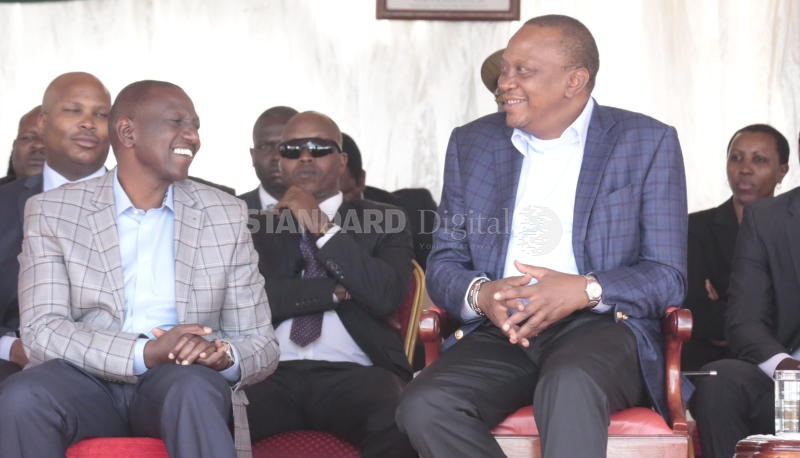×
The Standard e-Paper
Home To Bold Columnists

It was banter that lit up the nation on Tuesday evening, when many would rather have vented about the looting craze in Government.
On a day when President Uhuru Kenyatta appeared to have been in a foul mood, telling off the Nairobi governor, underscoring his personal courage and defending his new ally Raila Odinga, he also let out a casual observation about his deputy, William Ruto.